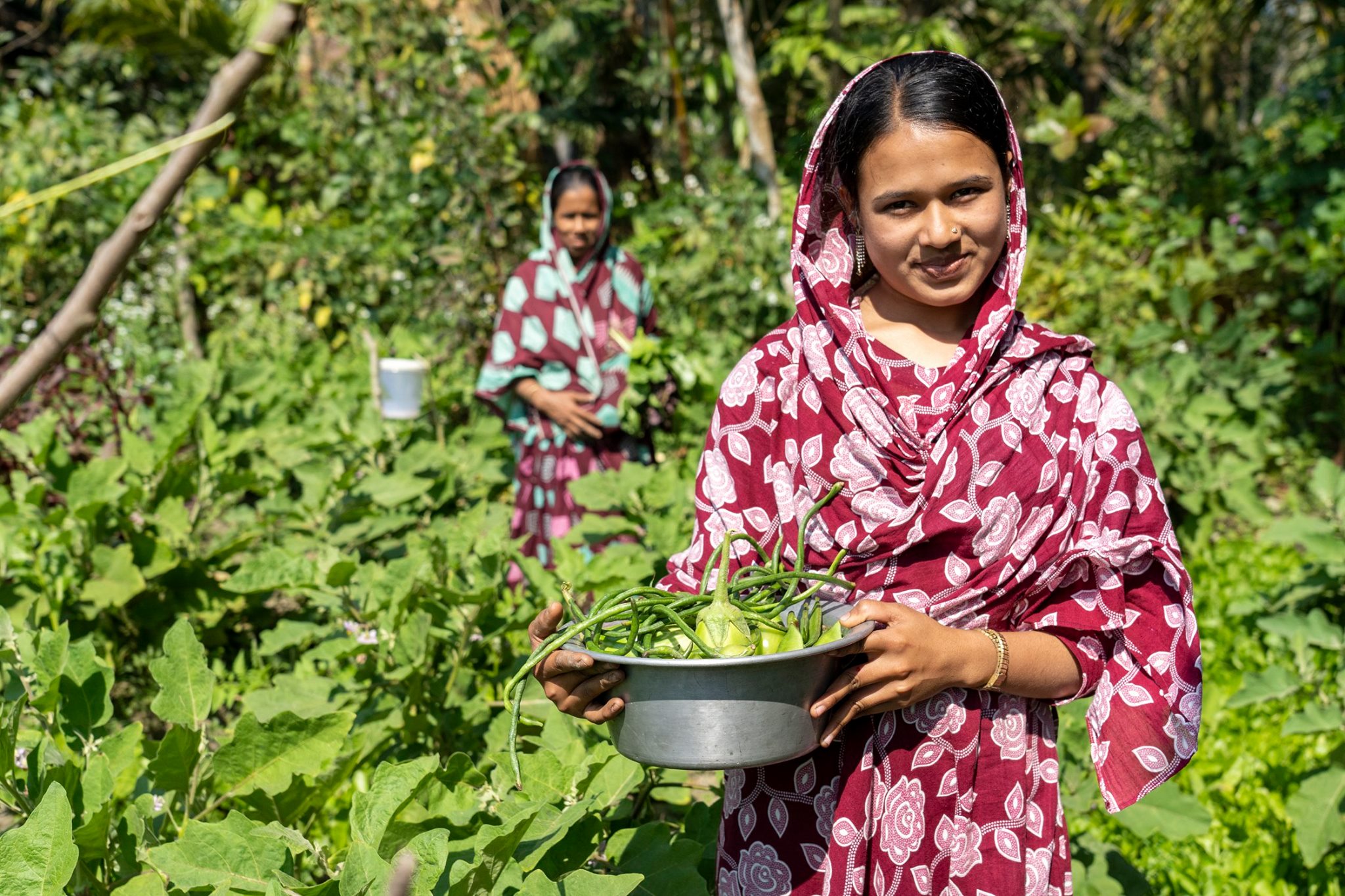How can we work with power and conflict in multistakeholder situations?
Thoughts from CoP 27
December 2, 2022

The recent CoP27 negotiations reminded us of a key aspect of multistakeholder working which is often left unspoken. The elephant in the room is the power dynamics among those involved, and the conflict which can arise.
At CoP27 the prominence of Loss and Damage discussions made power dynamics explicit – it was the less powerful countries telling the most powerful countries that they had suffered loss and damage as a result of their actions and should be compensated for that. With the USA and EU said to be responsible for 69% of emissions causing climate breakdown, and the global south accounting for just 8%, the disparity is clear.
It’s not just in CoP27 that power and conflict need to be brought into the open. In efforts to transform food and agricultural commodity systems, power differentials – between producing and consuming countries, between different parts of the value chain, and between different levels of government within countries – are often identified as a barrier to achieving the deep collaboration that is necessary for lasting transformation.
UNDP’s Food and Agricultural Commodities team convened a Co-Inquiry Group of sustainability practitioners to try to cut through this problem. A range of experts from UN agencies, universities, donors, NGOs and governments met to tackle the question:
How can we work more effectively with power and conflict in multi-stakeholder processes for changing food and agriculture systems?
Three main sets of actions emerged from the discussion – we need to create ‘safe spaces’ in which trust can be built; we need to use mechanisms such as skilled facilitation, bringing forward different voices, and shuttle diplomacy to shift power dynamics; and thirdly we need to upskill people to strengthen their capacity to work with power and conflict.
"I learned through this process that there is no fixed formula for success. Always looking for the right answers may only limit the possibility of improvement. Collaborative work can be so powerful when it recognises its blind spots and is able to work with different lenses to challenge assumptions."Devi Dine Chandra, SECO Indonesia, CoInquiry Member,
“It’s a privilege to work with such a diverse group of thinkers focussing on these unspoken blind spots that can hold multistakeholder collaboration back. Lots of new ideas are emerging and I’m struck by the power of persistently asking ‘why’; the importance of effective facilitation; and asking the right – sometimes uncomfortable – questions. These three aspects should be central to any multistakeholder activity.”Nicolas Petit, UNDP, Co-Inquiry facilitator
As one of the participants recalled, the benefit of a co-inquiry process, is not only the chance to deepen understanding and brainstorm pathways to action, but also to model ways of being and thinking together that can be a test run for the futures we are trying to create.
"I was reminded of the value of simplicity – leveraging the power of questions and attention, making the invisible (power and conflict) more visible by drawing attention to it in consistent ways with our teams and partners.”Sophia Robele, UNDP
The Co-Inquiry group will meet again to explore other aspects of multistakeholder working, identifying blind spots and breaking down barriers. A full report of its conclusions will be published in early 2023.

 Locations
Locations



